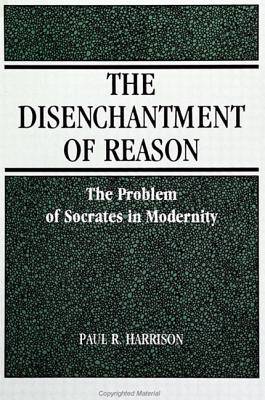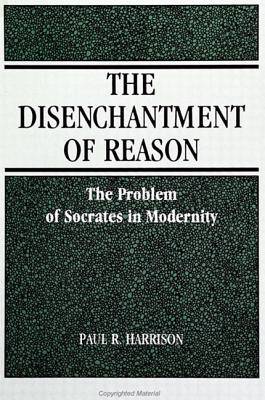
Wil je zeker zijn dat je cadeautjes op tijd onder de kerstboom liggen? Onze winkels ontvangen jou met open armen. Nu met extra openingsuren op zondag!
- Afhalen na 1 uur in een winkel met voorraad
- Gratis thuislevering in België vanaf € 30
- Ruim aanbod met 7 miljoen producten
Wil je zeker zijn dat je cadeautjes op tijd onder de kerstboom liggen? Onze winkels ontvangen jou met open armen. Nu met extra openingsuren op zondag!
- Afhalen na 1 uur in een winkel met voorraad
- Gratis thuislevering in België vanaf € 30
- Ruim aanbod met 7 miljoen producten
Zoeken
€ 145,45
+ 290 punten
Omschrijving
This book is an examination of nineteenth-century interpretations of Socrates by Hegel, Kierkegaard, and Nietzsche in the light of the contemporary debates over rationality in the modern world. These interpretations of Socrates have fundamentally influenced modern and postmodern thought, and their complexity reflects both an attraction to, and a fear of, the peculiarly modern concept of reason that Socrates is read as embodying. Socrates is seen in this book as an emblematic figure through which the constitutive tensions between enlightenment and romanticism in modern thought can be understood. In the concluding chapter, Harrison analyzes the claims of discursive reason versus those of deconstruction in the postmodern conflict over the figure of Socrates.
Specificaties
Betrokkenen
- Auteur(s):
- Uitgeverij:
Inhoud
- Aantal bladzijden:
- 264
- Taal:
- Engels
- Reeks:
Eigenschappen
- Productcode (EAN):
- 9780791418376
- Verschijningsdatum:
- 6/04/1994
- Uitvoering:
- Hardcover
- Formaat:
- Genaaid
- Afmetingen:
- 152 mm x 229 mm
- Gewicht:
- 508 g

Alleen bij Standaard Boekhandel
+ 290 punten op je klantenkaart van Standaard Boekhandel
Beoordelingen
We publiceren alleen reviews die voldoen aan de voorwaarden voor reviews. Bekijk onze voorwaarden voor reviews.











